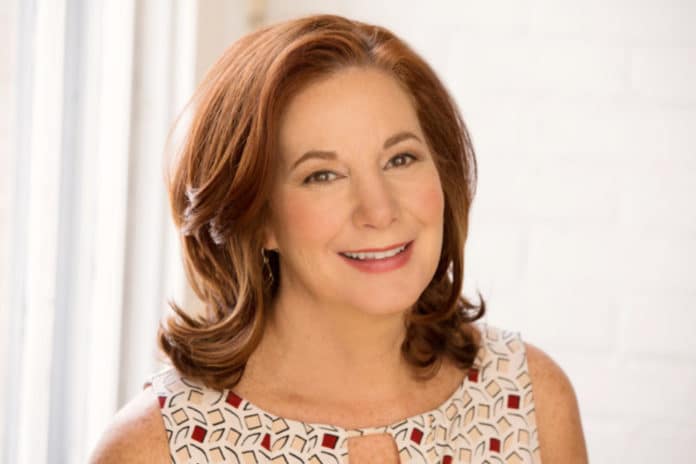In May of 2020, we were living under an emergency order that dictated our comings and goings. COVID death counts led the news, and families were struggling with school-aged kids being home around the clock. We were adapting to an unforeseen crisis by sewing masks, hoarding toilet paper, and learning to Zoom.
We were on edge.
Then a cellphone video of George Floyd and Derek Chauvin thrust Minneapolis into the spotlight, igniting a response for which we were ill-prepared.
Overnight, the rules changed.
Protesters could gather and march on freeways, but families couldn’t gather at church to say goodbye to loved ones.
The presumption of innocence went up in flames.
And the narrative became toxic.
We were a systemically racist society in need of radical transformation. If you dared question the narrative or the approach, you were a racist.
Sheltered in place, we couldn’t share concerns or objections regarding the new rules, expectations, or narrative.
When we ventured outside our homes, we were more focused on social distancing than questioning ever-changing expectations.
With our attention diverted, an organized effort to attack traditions, values, and the rule of law gained momentum.
Before the pandemic, I was a contributor to the St. Paul Pioneer Press Opinion page. After years of writing about navigating life, I wrote a book about how, when we find ourselves at a crossroads, we can choose to be bitter or better.
I shared my toolkit for living “the better choice” with audiences around the country.
But in the fall of 2020, my toolkit felt irrelevant as I grappled with changes over which I had no control.
The messages I’d delivered about living “the better choice” — look up; reach out; step forward — felt hollow in a new era in which we were discouraged from doing any such thing.
I had no inspiration or guidance to draw upon, much less offer.
So, I penned my last column.
Then, I went dark.
Unable to handle the daily onslaught of bad news, I tuned in just enough to remain informed but not so much as to lose myself in despair.
All these long months later, as winter stubbornly surrenders to spring, we’re transitioning out of the grips of the pandemic.
Raw, weary, and worried, we’re leaving our homes, returning to work, school, church, and past-times we enjoyed before masking and mandates kept us apart.
As we reconnect, we’re beginning to unpack the events of the past couple of years and to examine where we are and where we might be headed.
I’ve given my toolkit a fresh look. I’ve dusted off my keyboard with some trepidation, for writing commentary can be a contact sport.
But, we’re at a tipping point. I could lose more by remaining silent than by speaking out.
For one thing is clear.
Those who seek change are loud, persistent, and alarmingly effective.
Law students object to speakers they deem controversial, rather than engaging them in the robust debate which is fundamental to the study of law.
Scientists and doctors who offer alternative theories or research regarding COVID or vaccines are subjected to investigations by professional licensing agencies.
Parents who question school boards about curricula are removed from public meetings and called uneducated.
We’re told our kids need to be taught about gender or sexuality before they’ve lost all their baby teeth. Schools and entertainers will handle that for us if parents will just step aside.
Change keeps us alive and vibrant.
Change can be good if it is for the better.
At this moment, we need to ask ourselves a question that will shape the direction of our state and our country.
How will the change that is afoot make us better?
The America I’ve known and loved is a melting pot. It embraces meritocracy. It worked hard to reject demarcations based on skin color or body parts.
The American I was taught to be understands that to thrive we must be law-abiding and respectful and that action — or inaction — bears consequences.
One need not hold a law degree, as I do, to appreciate that laws only hold their value if they’re enforced.
We need legislators to enact laws to protect what we hold dear. We need prosecutors and judges to uphold the rule of law so we feel safe to leave our homes.
We’re at a crossroads, with two choices.
One choice is to resist efforts to dismantle that which makes us a great, though imperfect, nation.
Exercising that choice requires us to summon our courage and speak out. It requires us to make time in our busy lives to find and support candidates who share our vision and values.
If we take this path, we must raise our voices together. Our chorus must be loud, very loud. We must be resolved to steer the course for a nation that is losing its way.
But, if we follow the other path, we risk forfeiting the freedom to engage in discussion without repercussions to relationships, careers, and more.
If we follow the other path, we risk becoming yet another country in which citizens live in fear and silence.
One need only tune into cable news to see the horrors of the latter option on full display.
















